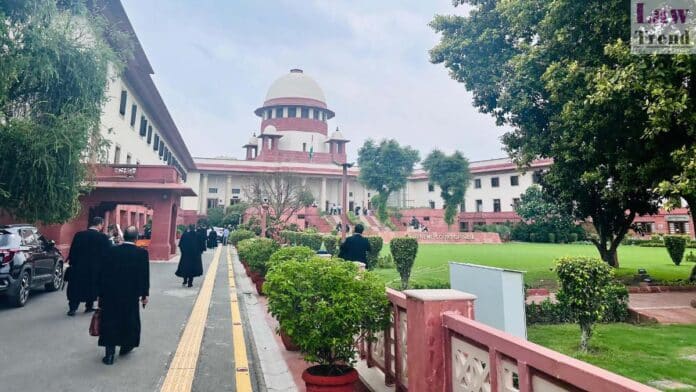The Supreme Court of India, in a significant ruling on the scope of judicial review in disciplinary matters, has set aside the orders of the Karnataka High Court and the Central Government Industrial Tribunal (CGIT) that had invalidated the compulsory retirement of a Canara Bank sub-staff member. The apex court, comprising Justice J.K. Maheshwari and
To Read More Please Subscribe to VIP Membership for Unlimited Access to All the Articles, Download Available Copies of Judgments/Order, Acess to Central/State Bare Acts, Advertisement Free Content, Access to More than 4000 Legal Drafts( Readymade Editable Formats of Suits, Petitions, Writs, Legal Notices, Divorce Petitions, 138 Notices, Bail Applications etc.) in Hindi and English.




